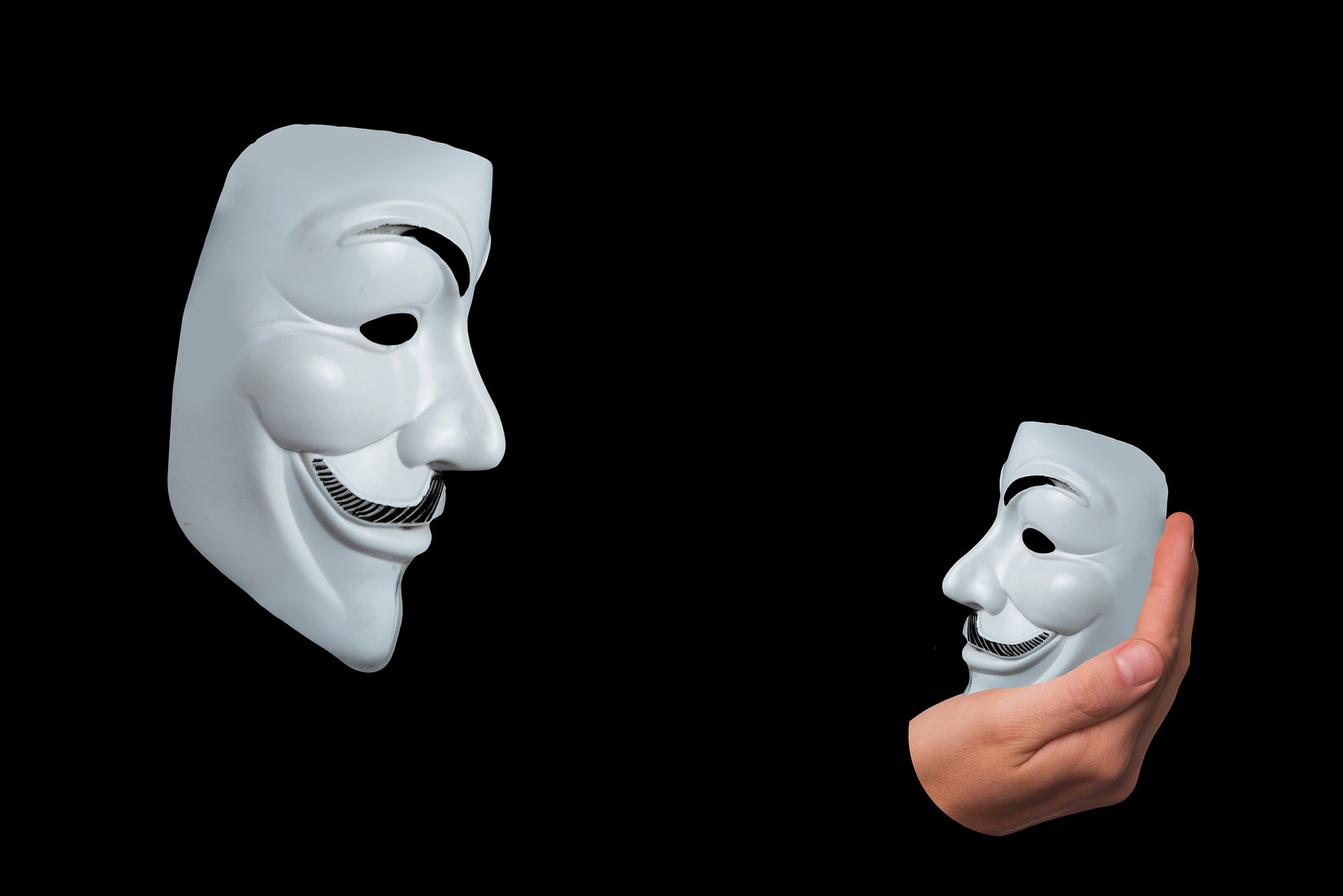Understanding and Making Sense of False Memories: Reality VS Paranoia
By: Sanjana Dash
Education & Learning, Feature Articles, Health & Welfare, Psychology, Social & Youth development,

You woke up today to a flood of news and information. Admit it! You get your daily news from social media posts instead of browsing news apps. However, you claim to have received it from a reliable news source when you pass this information on to your friends. So now you start believing you have. Or you must have awakened at 7:30 am, but believe you arose by 7. Why? Our brain is notorious because it helps us function properly but also creates distortions and illusions. Therefore, understanding false memories and their existence is essential.
What are False Memories?
In psychology, a false memory refers to a memory that is fabricated or distorted. These memories are based on our imagination and might be completely inaccurate. We describe memories as video recorders, which record all events in our lives. And they are, in a way. Despite being capable of processing unlimited information, the human brain can only retrieve a limited number of items.
False memory is when someone remembers something that didn’t happen or recalls it in a different way than what actually occurred. For example, you might remember locking your front door as you normally do but were surprised to find it unlocked when you returned.

Image Credit- https://bit.ly/3biZtYp
How do They Form?
False memories are formed by three significant factors:
1) Urgency– Remembering stored memories requires mental effort. But, whenever you’re in a hurry to remember something, you’ll always go with the first thing that comes to mind. For Instance, when I ask you what time you left for work the day before yesterday, you might be unable to recall the precise time because this event has passed significantly.
2) Misattribution– When you recall information from another event or source. Assume you have two websites. When asked about the performance of website A, you add Website B’s data.
3) Emotions– Researchers have found that people most likely remember memories associated with strong emotions. This means you tend to recall a specific event remembering how it made you feel. Did it make you anxious, frightened, excited or overwhelmed?
What Factors Influence False Memories?
We must first understand where memories originate before understanding false memories.
1) Perception
Memories begin with perception. Your memories of each situation are entirely different. Say you look at someone and at that moment decide “I trust this person” or “I don’t trust this person”. You could argue that we are living in a simulation and that reality as you know it only exists for you. Therefore, our memory is already filtered and tainted from inception. Perception influences our memories and clouds our decisions.

Image credit- https://bit.ly/3A0t7Mt
2) Brain
You wake up a new person every day because your brain is constantly changing. It is a good thing because it allows you to be creative and learn to integrate new information into your brain in the form of skills you can later rely on.
Now, if you think of memory as a network, we see that it’s possible to forget, remember and misremember things. When you forget, you disconnect two parts of a memory. We often say, “Oh, I felt this”, or “I saw this”. These are nothing but multi-sensory details stored in networks across the different parts of our brain. These sensations help us relive or feel to relive certain moments in our lives.
When you have a false memory or misremember something, you connect pieces in new ways or reconnect parts that were never initially connected. For instance, you may remember someone’s face but not their name. Therefore, your creative brain recombines things that don’t belong together. And this results in memory errors.

Image credit- https://bit.ly/3OjVJVi
3) Social Influence
Your memories are subject to social influence. Society conforms us to believe in certain things. Like this is how a pirate looks, or what success feels like, etc.
Understanding False Memories and their Impact on our Lives
1) False memories impact eating habits– Researchers believe that intentionally planting a false memory could help people modify their eating habits. For instance, you have been warned to avoid junk food since childhood because of your history of allergic reactions. Now, will you ever dare to try this out? No! Junk food is off limits, for you fear the consequences of eating it.
2) They complicate choices– We might fail to take our vital medication because we falsely remember already taking it. Or we might argue with our partner over trivial things like who left the lights on. Or perhaps we might also take away an innocent person’s right to liberty because our memory mistakenly places them at the crime scene.
The Power of Suggestion
Researchers have made several attempts at understanding false memories, but it is impossible to comprehend our complex brain mechanisms entirely.
According to Elizabeth Loftus (Memory Researcher), suggestions can induce false memories. Repeating a lie over time can eventually mask it as truth.
This knowledge is crucial to understanding false memories and how they are created by combining real memories with suggestions. You might forget the source of information during this process. During source confusion, the content and the source become dissociated.
For example, if I tell you that you have lost weight, you might not believe me right away. In time, you start to think you have made progress and perhaps begin eating well and exercising regularly. As a result, my suggestion (constantly feeding you information) has impacted you to act accordingly.

Image Credit- https://bit.ly/3tY3CXY
Conclusion
Do you remember your first day at school? Or that time when you fell off your bike? What was the name of your best friend in kindergarten?
Memories are an expression of our experiences, both real and imagined. Therefore, understanding false memories is a continuous process. It is common to remember a memory fragment by fragment, and usually in a haphazard fashion. Our efforts to connect and make sense of those fragments result in false memories. This further creates confusion and unreal visuals in our minds. Over time, our memories tend to fade away unless they play a meaningful role in the course of our lives. We can never really make complete sense of our brain and its uniqueness.
References: https://bit.ly/39T0uWQ, https://bit.ly/3nfTQNc
Tags: Mental Health, Personality Development, Psychology, Understanding False Memories, youth mental health,










The point of view of your article has taught me a lot, and I already know how to improve the paper on gate.oi, thank you.
At the beginning, I was still puzzled. Since I read your article, I have been very impressed. It has provided a lot of innovative ideas for my thesis related to gate.io. Thank u. But I still have some doubts, can you help me? Thanks.